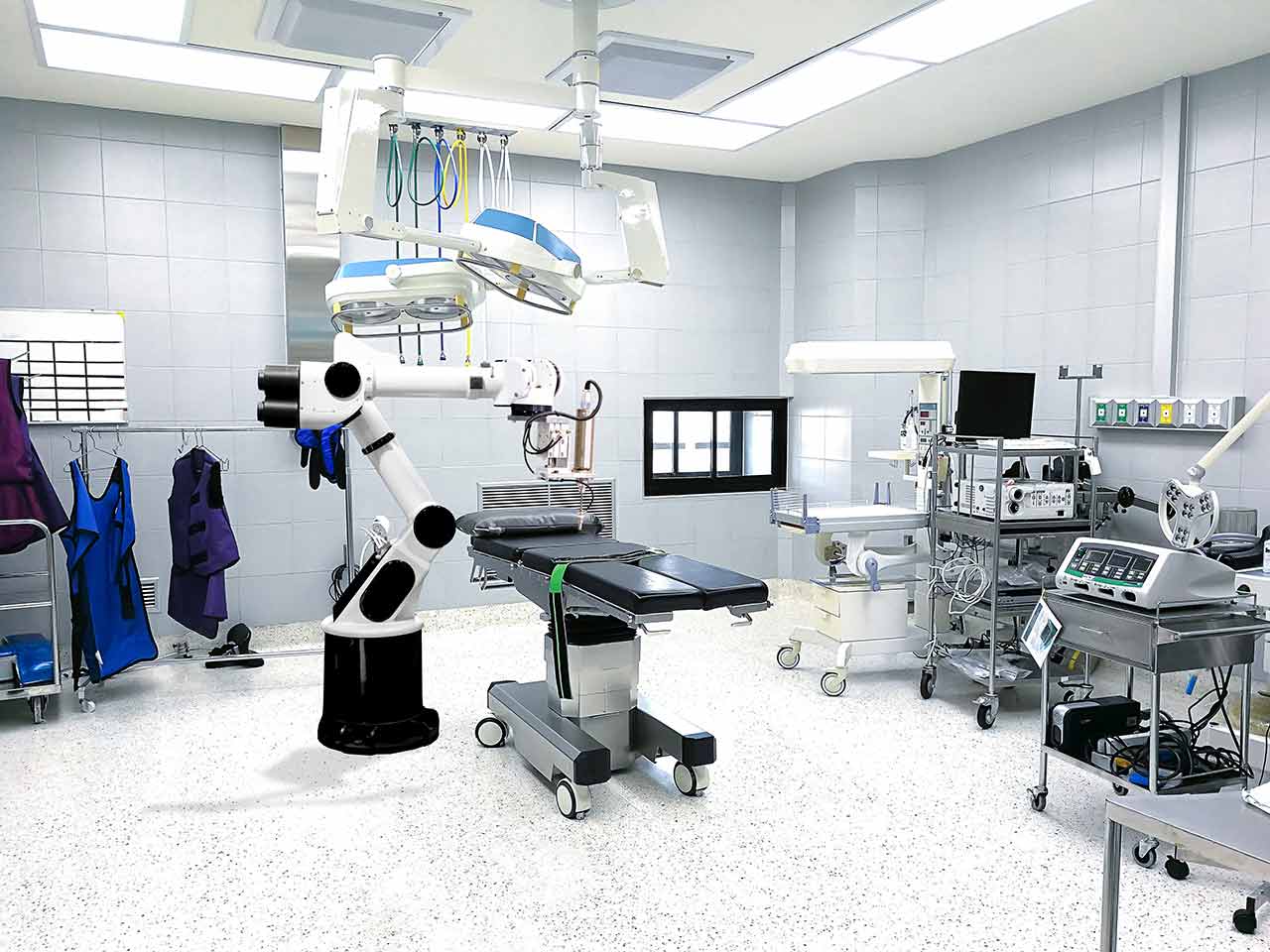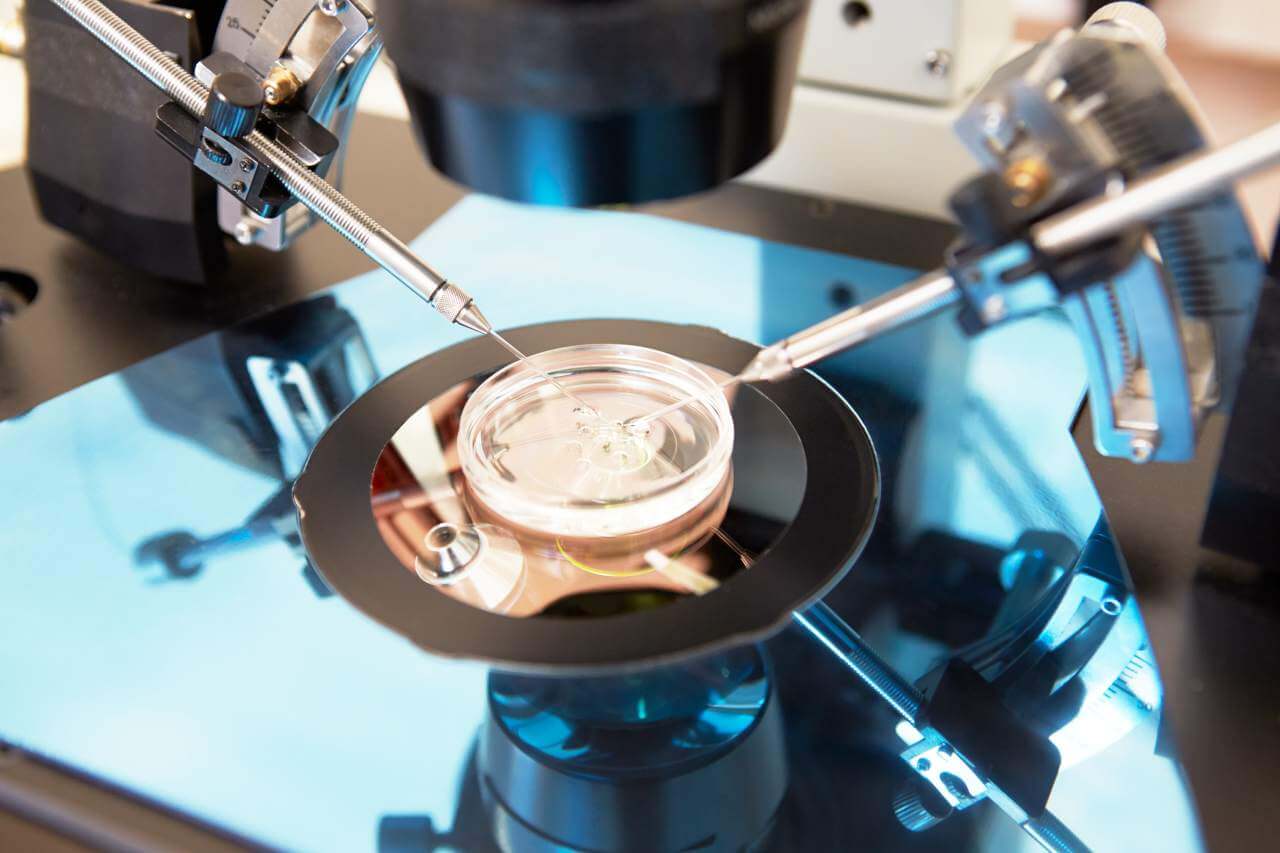
About the Department of Adult and Pediatric Oncology, Oncohematology at Sheba Medical Center Ramat Gan
The Department of Adult and Pediatric Oncology, Oncohematology at the Sheba Medical Center Ramat Gan offers the high-precision diagnostics and comprehensive treatment of solid tumors of various localization, as well as malignant blood diseases in patients of all age groups, including children. The department is the largest and leading Cancer Center in the country. In 2010, the medical facility began its close cooperation with the University of Texas MD Anderson Cancer Center, which has been ranked among the best Cancer Centers in the United States for more than 10 years in a row. The department's medical team applies in its clinical practice the most advanced cancer treatments, and also provides patients and their families with professional psychological and social support. Since each clinical case is unique, oncologists develop an individual treatment regimen for each patient, taking into account age, genetic characteristics, type and location of cancer, stage of the disease, family medical history, general state of health and other important factors. The department annually treats more than 50,000 patients with cancers of varying severity. A large number of cancer patients come from abroad. The trust of thousands of patients testifies to the excellent reputation of the medical facility and the highest quality of medical care. The Chief Physician of the department is Prof. Dr. med. Raanan Berger.
A well-coordinated work of the department's doctors plays a key role in ensuring the effective treatment of patients. The highly professional medical specialists take care of the patients' health. Each of them underwent a thorough training in the treatment of particular types of cancer. The medical team has vast clinical experience, which helps to successfully cope with the most complex types of cancer. The close cooperation of different specialists allows them to establish the most accurate diagnosis and elaborate the optimal treatment regimen for each patient. An integral part of the therapeutic process is psychological, social and palliative care. The department's specialists understand that such a diagnosis as cancer becomes a heavy burden not only for the patient, but also for his relatives, and therefore they show compassion, understanding and surround the patient with maximum care.
The department has an excellent medical and technical base for comprehensive diagnostics. The oncologists widely use biomarker testing, biopsy, cytogenetic and immunohistochemical examinations, ultrasound scanning and radiography, computed tomography, magnetic resonance imaging, positron emission tomography, interventional endoscopic procedures, scintigraphy and other diagnostic methods, which provide detailed information about the patient's health. The set of necessary diagnostic tests is selected individually, depending on particular complaints, symptoms and medical history.
With the diagnostic results obtained, oncologists assess the clinical case and begin to develop the optimal treatment regimen, which will allow the patient to completely get rid of cancer or achieve the longest possible remission. The department offers the widest range of modern treatments, the effectiveness of which is internationally recognized. The specialists competently combine the necessary therapeutic measures in order to achieve high treatment efficiency with a minimum number of side effects. If diagnosed with a solid tumor, in most cases, the first line treatment is surgical resection of the neoplasm. The surgical treatment is carried out in collaboration with surgeons. If possible, the specialists try to perform surgery using sparing minimally invasive techniques, which exclude damage to healthy tissues and guarantee speedy recovery after surgery. However, a single surgical procedure is often not enough to completely cure cancer. The department's oncologists additionally prescribe chemotherapy to patients using the most modern and effective drugs (trastuzumab, bevacizumab, cetuximab, erlotinib, sunitinib, imatinib, etc.), radiation therapy (external beam radiation therapy and internal radiation therapy), targeted therapy and immunotherapy. The required type of therapy is determined according to a particular diagnosis and individual clinical indications. In the case of blood cancer, chemotherapy is the first line therapy, while in particularly complex clinical cases, the department's doctors resort to bone marrow transplantation. The department also successfully uses innovative CAR-T cell therapy for the treatment of certain types of blood cancer (for example, acute lymphoblastic leukemia, acute myeloid leukemia, multiple myeloma). The essence of the therapy lies in genetic programming of the patient's own leukocytes for the destruction of cancer cells. With the help of high-tech equipment, leukocytes are separated from the rest of the blood mass. Within the specialized laboratory, the resulting leukocytes undergo genetic modification in order to express chimeric antigen receptors (CAR). Then, they are multiplied in the laboratory until the specialists obtain millions of modified cells and return them to the patient's body using an infusion.
The department specializes in the treatment of oncological and hematological diseases in children. It annually treats about 1,200 children on an inpatient basis and 4,000 children on an outpatient basis. It is worth noting that the department is one of the few in the world, which successfully implemented the principle of treating children "without pain", so all therapeutic procedures for young patients are absolutely painless. When developing a treatment program for a child with cancer, the doctors take into account his age, general health and the characteristics of the growing organism. The doctors of the department pay great attention to the emotional state of each young patient, since any therapeutic manipulations cause fear in children. Malignant hematologic diseases develop in children much more often than solid neoplasms. The department's medical team specializes in the treatment of such blood cancers in children as acute myeloid leukemia, acute lymphocytic leukemia, chronic myeloid leukemia, Hodgkin lymphoma and non-Hodgkin's lymphomas. To treat the above diseases, the department uses chemotherapy, bone marrow transplantation and CAR-T cell therapy. Brain neoplasms (glioma, astrocytoma, medulloblastoma), as well as bone and soft tissue tumors (Ewing's sarcoma, osteosarcoma) are among the most diagnosed solid malignancies in children. The methods of treating solid tumors in children do not differ from those used in adults. These include surgical resection, chemotherapy, radiation therapy and immunotherapy.
The department specializes in the diagnostics and treatment of the following malignancies:
- Malignant solid tumors in adults
- Brain cancer
- Throat cancer
- Thyroid cancer
- Tongue cancer
- Lymph node cancer
- Gastrointestinal cancer, liver and pancreatic cancer
- Bladder cancer
- Gallbladder cancer
- Adrenal cancer
- Kidney cancer
- Lung cancer
- Melanoma and other types of skin cancer
- Spinal tumors
- Bone and soft tissue tumors
- Breast cancer
- Cancer of the female genital organs
- Uterine and cervical cancer
- Ovarian cancer
- Vulvar cancer
- Vaginal cancer
- Fallopian tube cancer
- Cancer of the male genital organs
- Prostate cancer
- Testicular cancer
- Malignant solid tumors in children
- Astrocytoma
- Glioma
- Medulloblastoma
- Neuroblastoma
- Wilms' tumor
- Osteosarcoma
- Ewing's sarcoma
- Rhabdomyosarcoma
- Malignant blood diseases in adults
- Acute myeloid leukemia (AML)
- Acute lymphoblastic leukemia (ALL)
- Chronic myeloid leukemia (CML)
- Chronic lymphocytic leukemia (CLL)
- Non-Hodgkin lymphomas
- Hodgkin lymphoma
- Multiple myeloma
- Myelofibrosis
- Myelodysplastic syndrome (MDS)
- Malignant blood diseases in children
- Acute myeloid leukemia (AML)
- Acute lymphocytic leukemia (ALL)
- Chronic myeloid leukemia (CML)
- Non-Hodgkin lymphomas
- Hodgkin lymphoma
- Other types of cancer
The diagnostic and therapeutic options of the department include:
- Diagnostics
- Laboratory tests, including tumor marker testing
- Biopsy with further histological and cytological examinations
- Ultrasound scanning
- X-ray
- Computed tomography
- Magnetic resonance imaging
- Positron emission tomography
- Scintigraphy
- Treatment
- Surgical resection of solid tumors
- Chemotherapy
- Radiation therapy (external beam radiation therapy and internal radiation therapy)
- Targeted therapy
- Immunotherapy
- CAR-T cell therapy for blood cancers
- Bone marrow transplantation for blood cancers (autologous and allogeneic transplantation)
- Other diagnostic and treatment methods
Curriculum vitae
Prof. Dr. med. Raanan Berger is the Head of the Department of Adult and Pediatric Oncology, Oncohematology at the Sheba Medical Center Ramat Gan. The specialist received his medical education at the Sackler Faculty of Medicine at Tel Aviv University. After four years of postgraduate training, Dr. Raanan Berger defended his thesis on the specific control differentiating gene Thymopoietin/LAP2, which allowed him to better understand the processes of formation of immune, including antitumor protection in the human body. The specialist underwent training in the field of urologic oncology and urogynecology at the Dana-Farber Cancer Institute of the Harvard Medical School, Boston (USA) studying the issues of modern diagnostics and treatment of prostate cancer.
Prof. Berger is the initiator and creator of the support service in the Department of Adult and Pediatric Oncology, Oncohematology at the Sheba Medical Center Ramat Gan, which provides patients and their families with comprehensive treatment. The patients receive not only the most modern medical services, but also the support from specially trained psychologists and social workers who work with each patient and his family members individually. Prof. Raanan Berger leads the program for the treatment of genitourinary cancer, and is also the Head of the Research Laboratory, which studies the molecular mechanisms in the formation of tumors in the prostate gland and breast.
Dr. Berger is a member of the European and American Society for Medical Oncology. In addition, the professor is a lecturer on oncology at the Sackler Faculty of Medicine at Tel Aviv University. The professor's special clinical interests include the treatment of prostate and testicular cancer, breast cancer, kidney cancer, bladder and ureter cancer.
Photo of the doctor: (c) Sheba Medical Center





